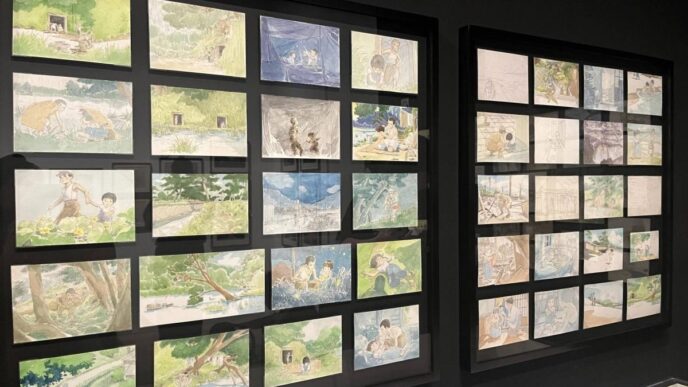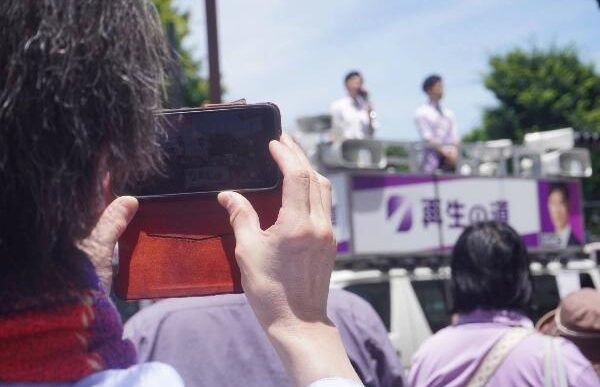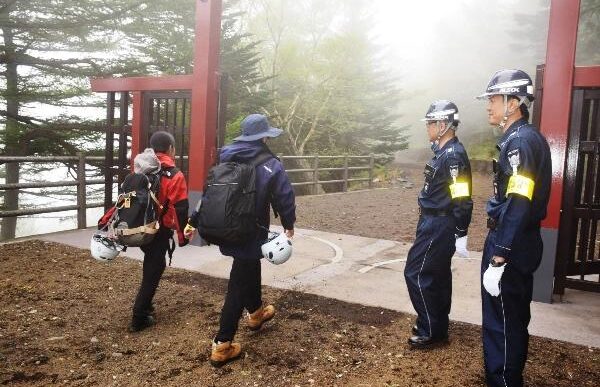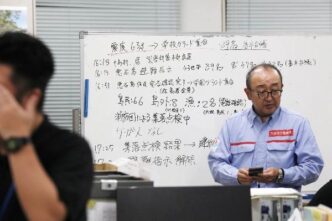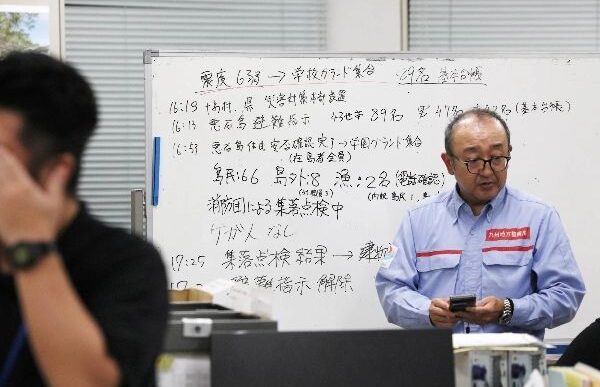
As Japan’s real estate prices skyrocket, some buyers and renters are making unexpected compromises — including living in homes where death has left a mark.
Known as jiko bukken — or “misfortunate properties” — these homes have a history of tragedy. From suicides to solitary deaths, they are places many once avoided. But with housing prices in cities like Tokyo hitting historic highs, a growing number of Japanese citizens and foreign investors are reconsidering their fears.
The Story Behind the Stigma
Take, for example, a modest home in Chiba Prefecture, just outside Tokyo. On paper, it looks like a typical suburban house. But its past is chilling. Seven years ago, an elderly woman died by suicide in the bathroom. Last year, her son also passed away alone inside, his body undiscovered for 10 days.
To most, this is a serious deterrent. But to Kazutoshi Kodama — a property consultant and self-proclaimed ghost investigator — it’s a professional challenge.
Kodama has spent multiple nights in the house, monitoring for paranormal activity using thermal cameras, EMF meters, pressure gauges, and even audio recorders. If nothing suspicious is found, he issues a certificate confirming the home is “ghost-free.”
“In the past, no one would rent or buy homes like this,” Kodama says. “But today, with rising property prices, people are more open to considering misfortunate properties.”
The Economics of Tragedy
According to real estate research firm Tokyo Kantei, the average price of a second-hand 70-square-meter condo in Tokyo’s 23 wards rose over 33% year-on-year to ¥100.9 million (approximately $697,000) in May 2025.
This surge is driven by a combination of factors — inflation in construction material and labor costs, a weak yen, and an influx of overseas investors. In such a competitive market, misfortunate properties — often discounted by 20% or more — are suddenly seen as viable options.
For some younger buyers and investors, the stigma doesn’t matter. Real estate broker Akira Ookuma, who founded Happy Planning, notes that “investors don’t care because they won’t live there.” In fact, after the government’s 2021 guidelines allowed homes to shed their jiko bukken status after three years, some landlords now raise rents once that time passes.
Companies like MarksLife even offer full services for such properties — including Buddhist cleansing ceremonies. Their misfortunate listings bring an average return of 8.4%, compared to just 3.55% for standard studio apartments in central Tokyo.
An Aging Society, A Growing Market
Japan’s shifting demographics are also fueling the rise in these listings. With a rapidly aging population and a growing number of elderly people living alone, socially isolated deaths — where bodies are left undiscovered for days or weeks — have become more common.
The National Police Agency reported nearly 21,900 such cases in 2024 alone. And projections by the National Institute of Population and Social Security Research suggest that by 2045, one in five Japanese households will consist of a person aged 65 or older living alone.
This trend has landlords concerned — not just about mortality, but the stigma that follows. Some even refuse to rent to the elderly for fear their property might become a jiko bukken.
To combat this, the government encourages greater transparency and flexibility. Real estate agents are required to disclose a property’s history to buyers and, in some cases, to renters. But thanks to updated guidelines, they’re also allowed to omit mention of certain deaths after a set period, unless explicitly asked.
Paranormal Proof vs. Psychological Hurdles
While Kodama has conducted over 70 investigations, he says only a small number showed signs of unexplained activity — such as electromagnetic surges or strange temperature drops.
Still, not everyone is ready to take the risk.
“Even with the discount, I won’t go for it,” says 24-year-old office worker Mari Shimamura. “It’s not just about ghosts — the whole story behind the place gives me chills.”
And yet, for others — especially investors, low-income renters, or pragmatists — the discount is worth the discomfort.
Final Thoughts
Japan’s real estate landscape is evolving, shaped by economic pressure, cultural beliefs, and demographic realities. While jiko bukken properties once sat empty for years, they are now being reconsidered — not just as homes, but as investment opportunities.
Vishnu Kodama’s ghost-free certificates may never convince everyone. But in a market where price often trumps superstition, even homes touched by tragedy may soon find their second life.
Source:https://www.japantimes.co.jp/news/2025/07/01/japan/society/misfortunate-properties/







